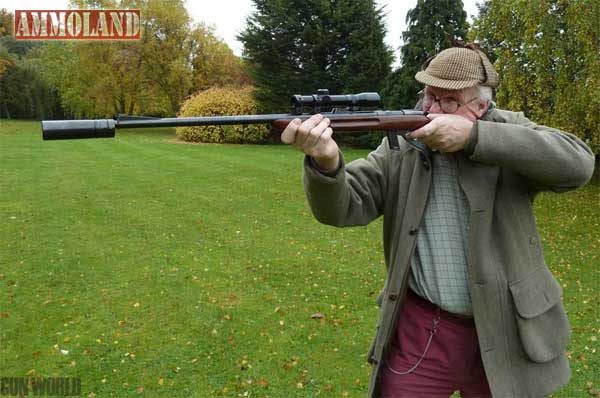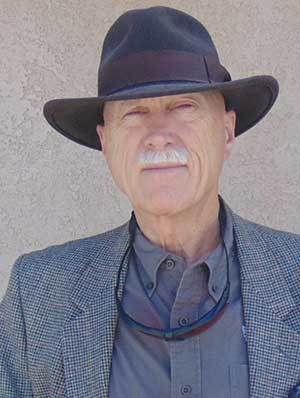By Dean Weingarten


Arizona – -(Ammoland.com)- Virginia lawmakers chose to reform the state’s gun laws in spite of pressure by police agencies to keep restrictive measures in place.
HB878 reforms an antique law that gives local police a veto over obtaining federal permits for gun mufflers, short barreled rifles and shotguns, automatic firearms and destructive devices.
Because of a controversial vote in 1986, the existing privately owned stock of automatic firearms was frozen, creating an artificial shortage that resulted in skyrocketing prices for legal automatic firearms. The cheapest automatic firearms available to collectors are now over $5,000 each.
From hamptonroads.com:
One of the measures approved (HB878) would force the chief law enforcement officer of a locality to certify the transfer of a firearm within 30 days when such a certification is required under federal law for the transaction to occur.
One homicide is known to have been committed with a registered automatic firearm, and that was by a police officer in 1988, with a possible second homicide in 1992. The freeze in the law was passed in spite of no homicides being committed with legally owned automatic firearms since the passage of the infamous NFA (National Firearms Act) in 1934 to the time of the 1986 law, making the freeze in ownership an incomprehensible restriction.
Because of the freeze in the number of private automatic firearms, nearly all NFA transfers are for gun mufflers (suppressors, silencers) and short barreled rifles and shotguns. Post Heller and McDonald (Supreme Court decisions that affirmed the constitutional right to keep and bear handguns for self defense) there is no logical reason to restrict short barreled rifles and shot guns any more than handguns, which they are functionally identical to. The only reason to restrict short barreled rifles and shotguns was to enforce a restriction on handguns.
There never was a logical reason for the severe regulatory and financial restrictions on gun mufflers, which are unrestricted in many European countries, or at least no more restricted than firearms are. Finland, for example, has ruled that citizens have a constitutional right to make, buy sell, trade, and use gun mufflers without the restrictions that are placed on firearms.
It is not hard to understand that police administrators would not want to give up a power that could bring in campaign contributions from well off collectors.
The Republican-controlled House Militia, Police and Public Safety Committee approved the measure on a party-line vote, 15-6. It advances to the House floor.
The other reform that passed the Virginia legislative committee was to simplify reciprocity for concealed carry permit holders.
With those requirements removed, an out-of-state permit holder would be allowed to carry a weapon in Virginia by presenting a government-issued photo ID.
The Virginia Citizens Defense League, a group that advocates for second amendment rights, supports the reform legislation, which would make it easier to obtain reciprocity for Virginia citizens to carry firearms in other states.
Virginia State Police objected to that measure as well. The committee approved it 15-6.
Giving the police power to decide what would be good and bad legislation is nearly always bad policy. Police have enormous incentives to increase their own power at the expense of the citizenry.
©2013 by Dean Weingarten: Permission to share is granted when this notice is included.
Link to Gun Watch
About Dean Weingarten;
Dean Weingarten has been a peace officer, a military officer, was on the University of Wisconsin Pistol Team for four years, and was first certified to teach firearms safety in 1973. He taught the Arizona concealed carry course for fifteen years until the goal of constitutional carry was attained. He has degrees in meteorology and mining engineering, and recently retired from the Department of Defense after a 30 year career in Army Research, Development, Testing, and Evaluation.
